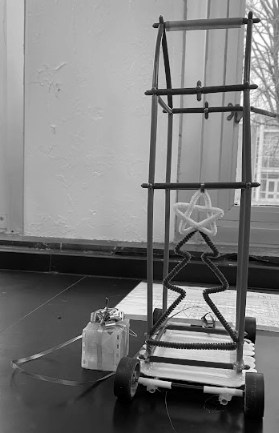MERS concerns grow as cases appear in US
In 2012, the MERS epidemic started to spread in Saudi Arabia and then into the Middle East. Just two years later MERS disease has made its way into the US.
People infected by MERS (Middle East Respiratory System) tend to develop a fever, cough, which makes it difficult for them to breathe.
This sounds a lot like the flu, but according to NHHS nurse Mrs. Joanne Gallion, “ if a person has flu- like symptoms now, there is cause for concern since it is not Flu season”.
This infection also resembles an earlier disease from the 1300s, the Plague , which was transmitted through the air. While MERS has not been confirmed to transfer in this same way, it is so easy to catch because it can start just by close contact including handshakes and standing too close to the infected person.
“The fact that this [transmission] is close contact is frightening,” said Gallion.
According to CBSNews.com, death rates in the Middle East are at 30 percent and they up each day, when people don’t take precautions. Gallion suggests that people can avoid the risk of catching MERS while traveling. “As health care providers, the first thing they teach you is hand washing, hand washing, glove, glove.”
According to CNN news, there are no significant drugs that can prevent the spread of this disease as -of yet, and 18 countries in the world so far have been infected by this disease. MERS has recently reached the US, where there have been three confirmed cases of people who have been diagnosed with the disease.
CNNHealth.com posted that, the first case of MERS in the US was a man in Indiana who traveled in London. When he returned to the US he had breathing problems and was taken to the nearest hospital in Indiana. It is reported that he initially had mild-cold symptoms but then was later it was confirmed he had MERS, according to the Indiana State Department of Health.
Even some students from NHHS have something to say about this, including freshman Elizabeth Eaks who is going to Canada this summer with her family.
“I’m nervous because I’ve never heard of it so I don’t know anything about it and it currently has no cure,” said Eaks.
Sophomore Scarlet Dare, a student involved in the field trip to Australia this summer states, “The fact that it’s spreading is scary,”.













